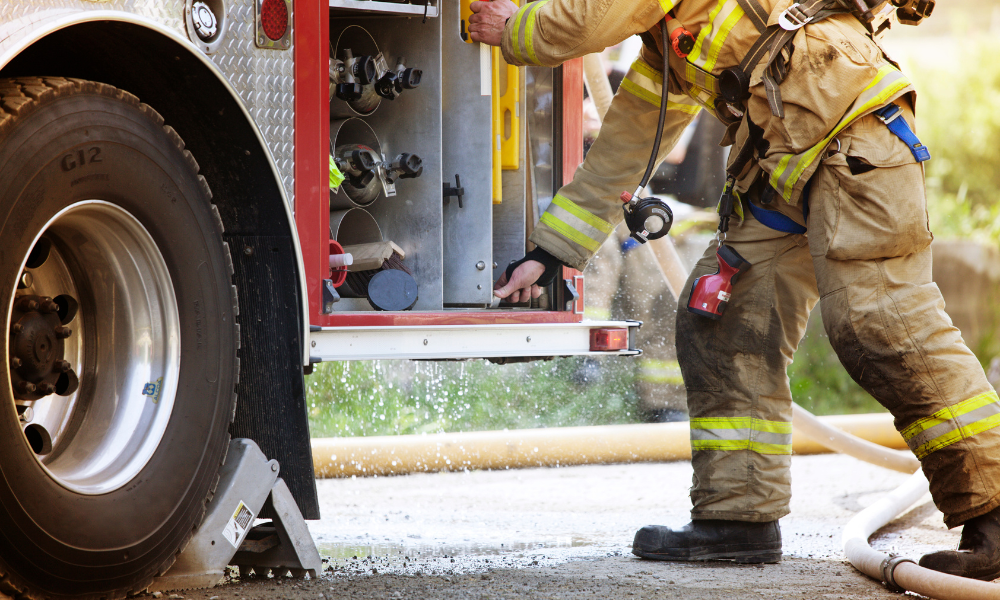In 2022, the institution was fined CA$102,000

The executive director of the Nova Scotia Firefighters School has rejected calls for his resignation, despite criticism from colleagues and the family of a firefighter who died during a training exercise at the school in 2019.
The calls for John Cunningham to step down stem from the death of Skyler Blackie, a firefighter from Truro, Nova Scotia, who was killed when an expired fire extinguisher exploded during a certification exam.
Cunningham addressed the criticism in a statement to CBC News, saying he has no plans to resign but takes the concerns seriously.
The school’s accountability in Blackie’s death has been questioned by his family and by firefighter unions.
Jessica Gillis, Blackie’s sister, expressed dissatisfaction with the school’s response at its recent annual general meeting, accusing the institution of deflecting blame.
Read more: Family of dead N.S. firefighter criticizes school’s continued operation following incident
In 2022, the school admitted in court that it failed to conduct routine inspections or maintain adequate records.
The institution was fined CA$102,000 as a result. A March 2024 report from Safety Services Nova Scotia highlighted 41 safety issues and recommended improvements.
Critics, including Blackie's family, have alleged that meaningful safety reforms were only initiated after the province issued a stop-work order in August 2024. This order, lifted in September, allowed the school to reopen under specific conditions.
Cunningham has defended the school’s efforts to improve safety standards. He stated that significant changes have been implemented over the past five years and pledged ongoing efforts to restore public trust.
"Restoring confidence in the school requires a steadfast commitment to transparency, accountability, and meaningful action," Cunningham said, reiterating that reforms honor Blackie’s memory.
However, skepticism persists. Joe Triff, Nova Scotia vice president of the Atlantic Provinces Professional Fire Fighters Association, has voiced strong opposition to collaborating with the school under its current leadership. He urged the provincial government to assume responsibility for firefighter training, citing a lack of accountability and transparency from the school.
The provincial government has announced plans for a full review of fire service governance and training, which will involve collaboration with the Fire Service Association of Nova Scotia. The review is expected to take about a year.
As the Nova Scotia Firefighters School navigates these challenges, the broader firefighting community and Blackie’s family continue to call for systemic changes.
Should leadership changes be made, or are the current reforms sufficient? Share your thoughts below.





